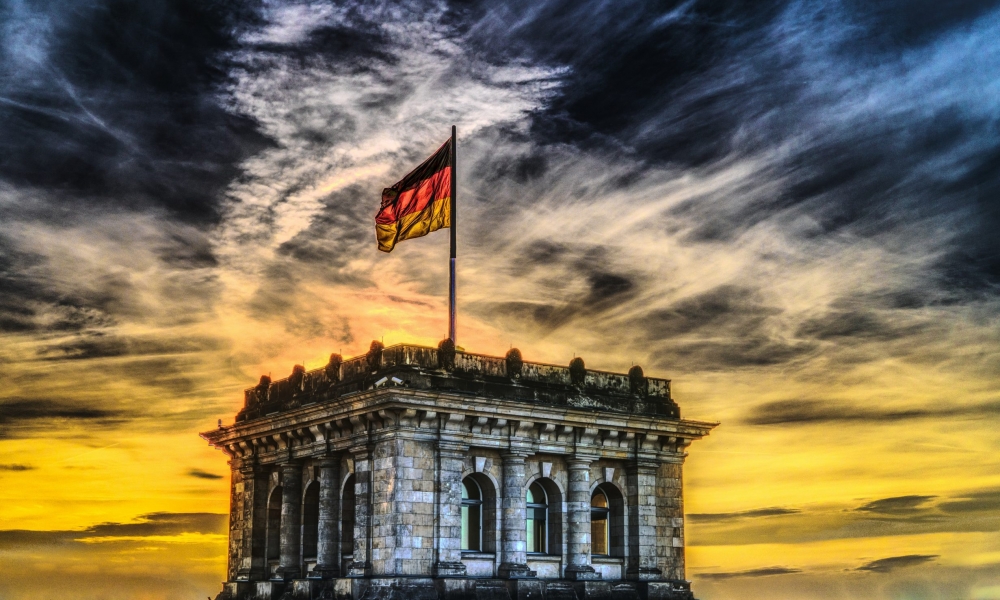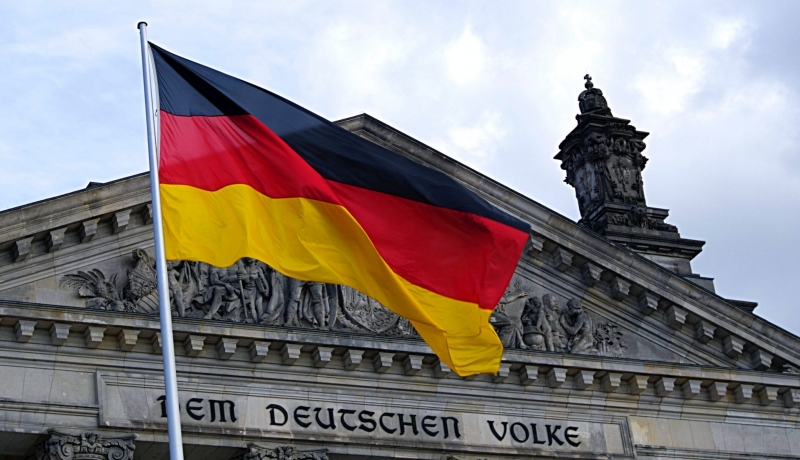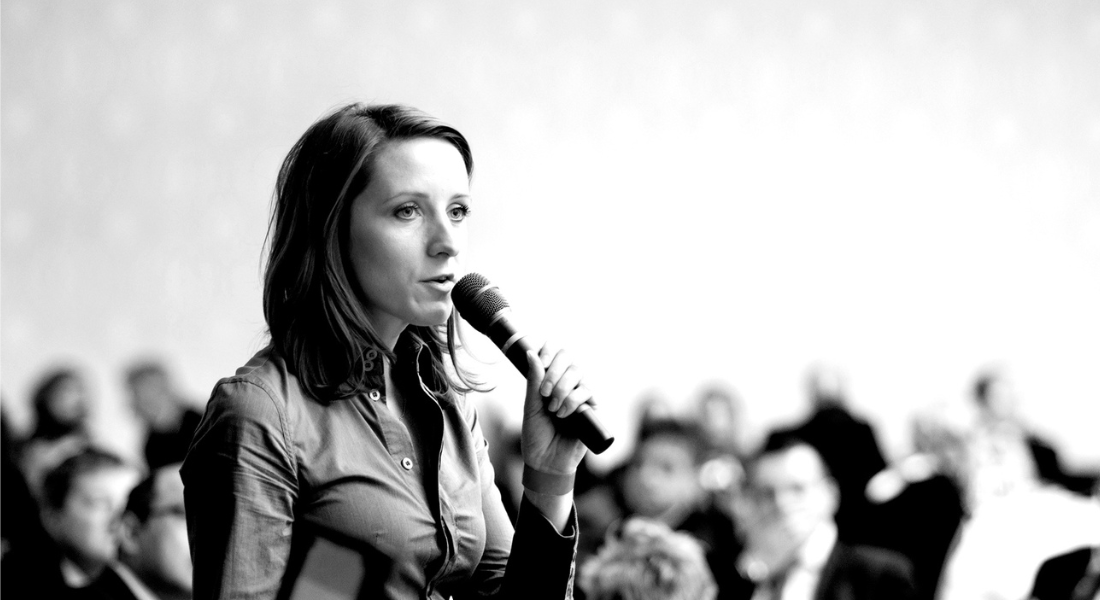What makes us different – PR in Germany
By Lizzie Wood
A fter having had great success with launching your product/service to the UK market, you’re keen to replicate this across Europe. Germany, you say, that’s where we’re going next! Especially if your business is in one of Germany’s top five industries – automotive, mechanical engineering, chemical-pharmaceutical, food, or electrical engineering – go get your slice of the big pie!
But before you start injecting all your time and money into this new undertaking, there are a few things to consider, mainly the difference in the way PR is ‘done’ in the land of Bratwurst and BMW. What has worked in the UK might not necessarily yield the same results in Germany – for several reasons.
Let’s begin to look at the difference in the way PR is viewed.
Before Brexit, the UK was classed as the European country with the biggest acceptance for Public Relations, to every journalist was a PR person waiting to pitch a story – the field was level. In comparison, the numbers in Germany are two-thirds of journalists to one-third PRs – this means that the media landscape is still vastly shaped by journalists; hacks are firmly in control of what makes it into the papers and magazines, and they can be picky.
Secondly, consider this: what makes a German German? A quick Google search reveals a variety of lists recounting the ‘typical’ character traits of the average German. You’ll mostly find that my fellow countrymen and women are described as efficient and disciplined, well organised, punctual, traditional, and having a good sense of humour (I am not surprised, we are hilarious!).
You might wonder why I am listing off these stereotypes, but bear with me, this is important. When it comes to PR, Germans generally tend to be more traditional, organised and show great love for planning.
So, what have we got? A country that eyes PRs suspiciously and is quite traditional in its approach to the media, that’s what. But fear not! Great relationships can be built with the gatekeepers aka journalists and editors; you just need to know how!
Here are my three top tips on how to get into Germany’s media outlets:
- DON’T try to sell them anything! If a German editor gets even a faint whiff of you trying to sell a product or service, they will either say no straight away or offer you a paid opportunity. This is not unusual in the UK either, however British journalists seem to be more gracious when it comes to writing about a product/service if it fits within a feature. German B2B titles are slightly more open to featuring products, but it’s advisable to have an industry-relevant, non-product story ready, especially if you are yet to be known in the German market.
- The media landscape is still more traditional in Germany compared to the UK. Print media, especially in the B2B arena, remains popular and trusted among readers. For you, this means that print media is something you should definitely consider. Start requesting media kits – there you will find a calendar detailing the topics for the whole year – prepare for long lead times; you might pitch a story in May and have it published in September. Because remember, Germans like planning, so their deadlines can be months in advance.
- Beware of the DACH pitfall! Often clients will tell us that they want to tackle Germany but end up rounding it up to DACH. But don’t forget – Germany, Austria and Switzerland are three different countries. While you might get away with lumping Germany in with Austria (neither country would agree) as publications often cover both markets, Switzerland is a bit trickier, considering it is a country made up of several cantons and languages. Like Austria, it is also relatively small compared to Germany. This means that there aren’t as many media opportunities and magazines might be a two-man band, which results in more paid opportunities. Also, consider having local spokespeople for these countries as the dialect can vary and journalists naturally respond more favourably to someone who can speak the language – yes, not everyone actually speaks English!

Image: In Germany the word for PR is Öffentlichkeitsarbeit which literally translates to public work
Source: Pexels, Felix Mittermeier
And here’s a bonus tip just for you dear reader (because I care) – in Germany the word for PR is Öffentlichkeitsarbeit which literally translates to public work. Remember, if you want to impress, speak their language.
Now that you know all that, go forth and make new friends, because once you get in their good books, you might even be offered a ‘du’* and be on first name terms with all the journalist big wigs.
Good luck!
*Du instead of Sie to address someone is used when people have an informal relationship – once it’s du, count yourself lucky!
Interested in finding out more about doing PR in Germany? You can speak to our Berlin-based consultants now.
Share this:





